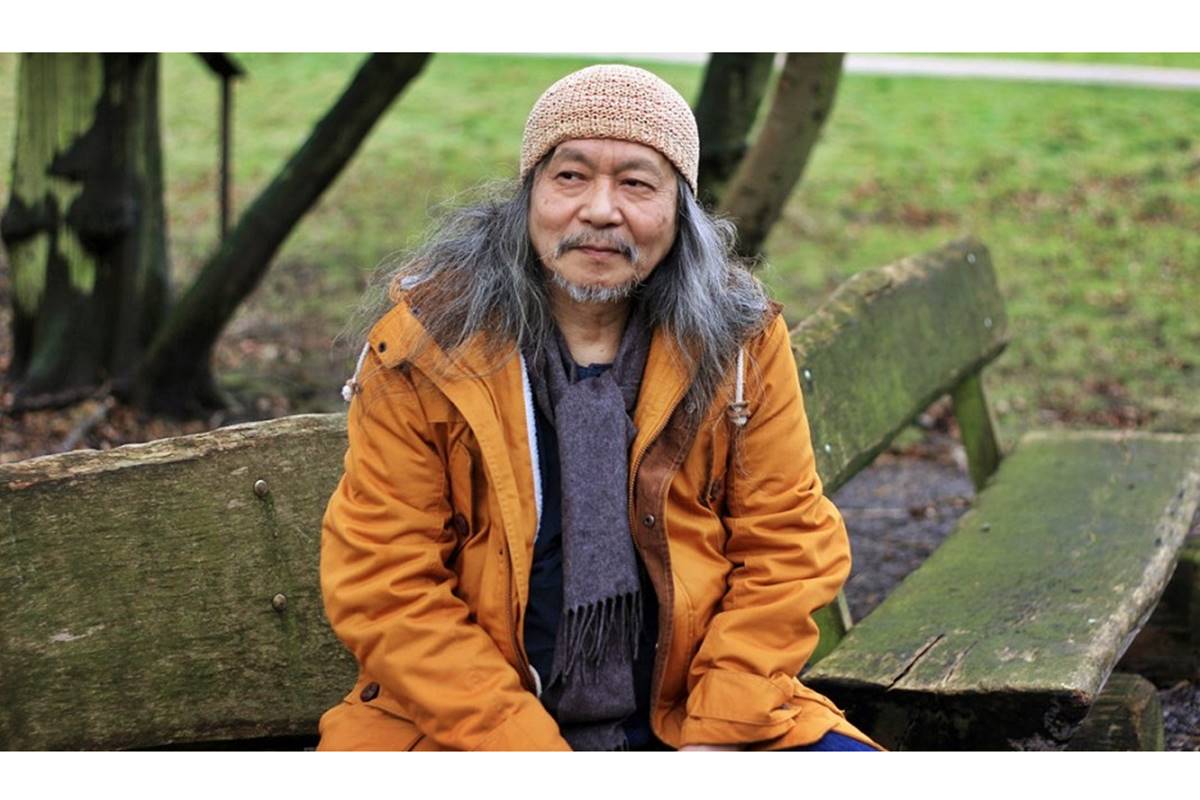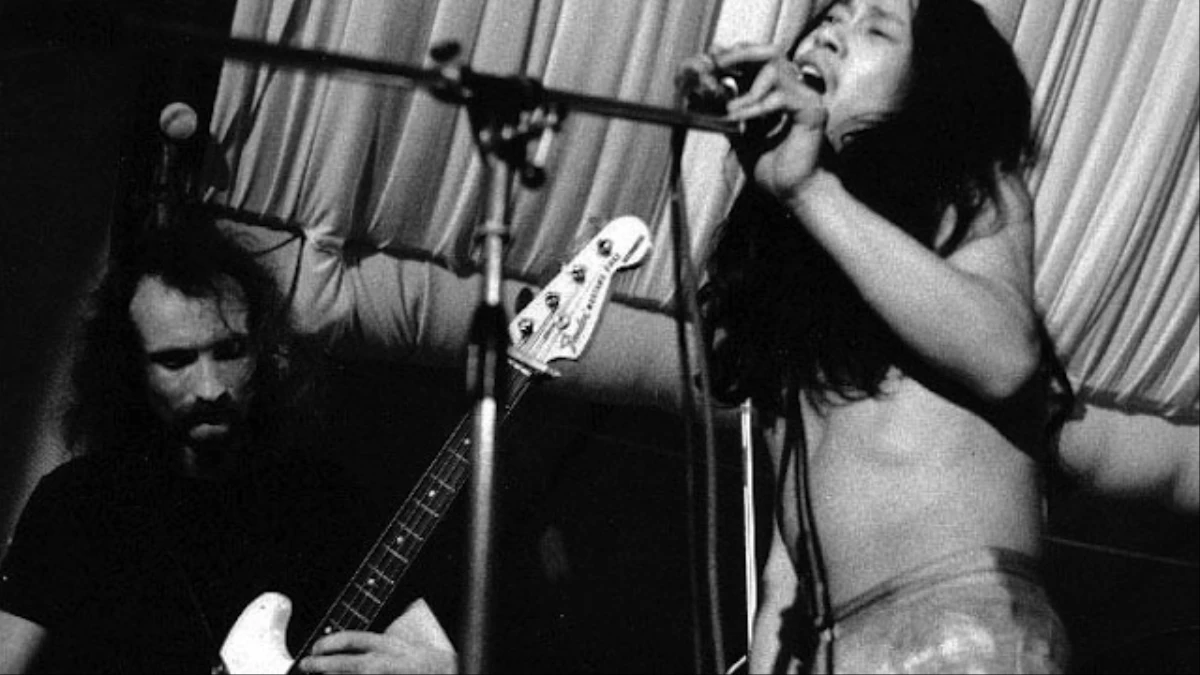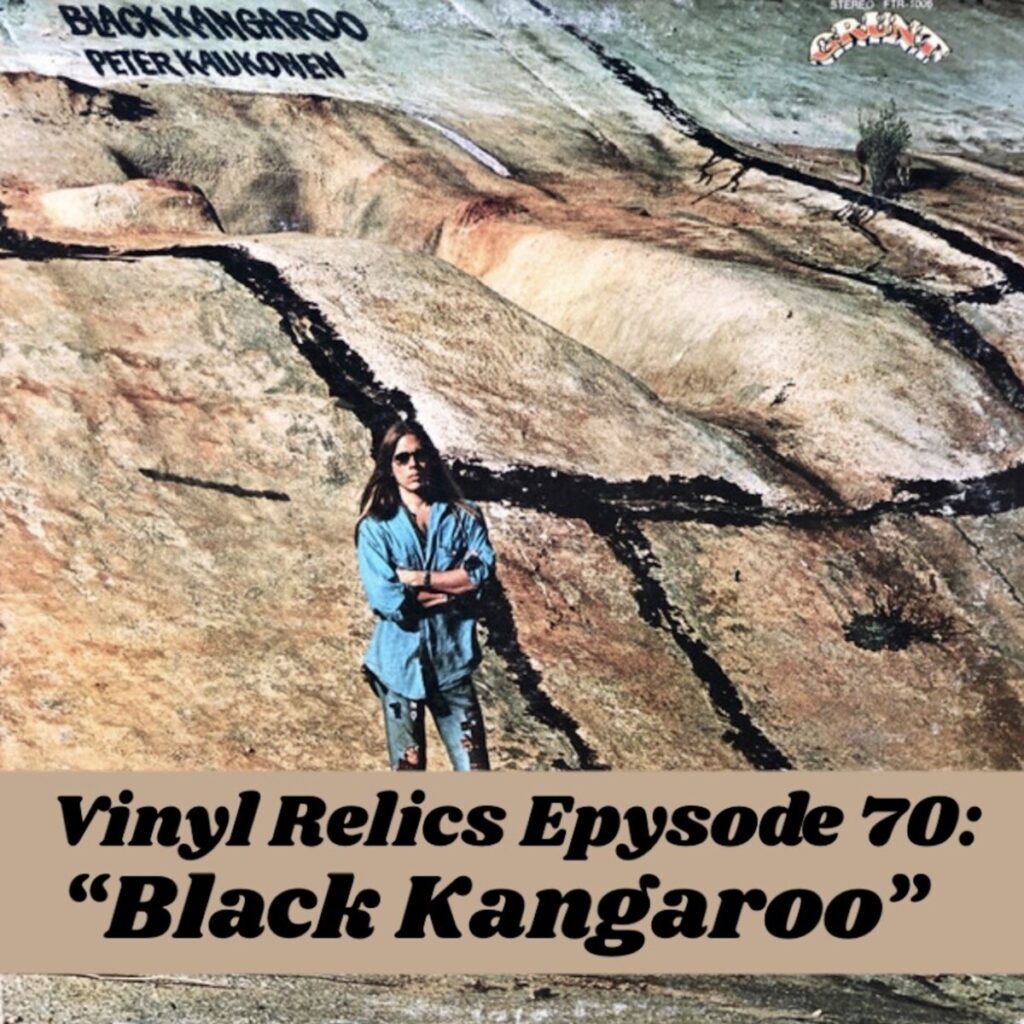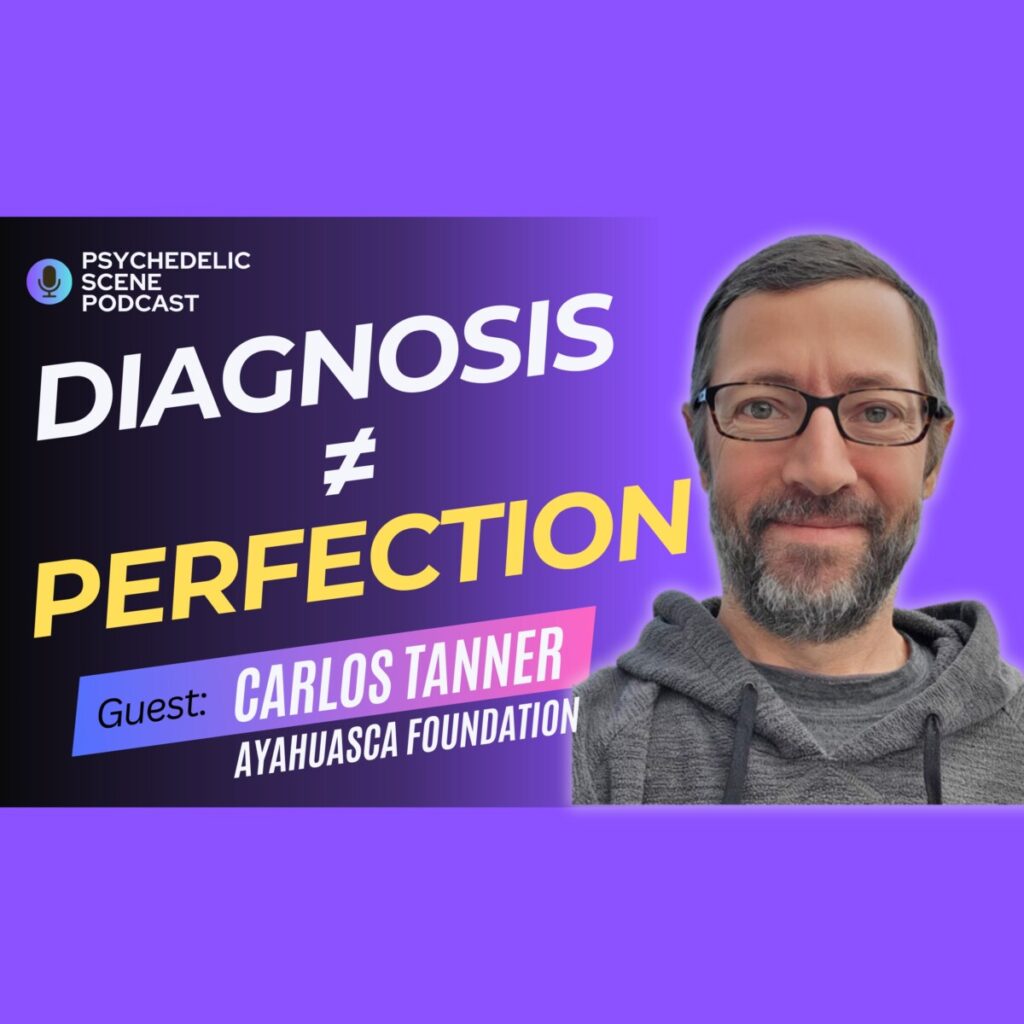Damo Suzuki
Damo Suzuki
Legend of Energy
On February 9, 2024, we lost a decidedly innovative and truly experimental vocalist. Most widely known as the singer for Can in the early Seventies, Damo Suzuki was born Kenji Suzuki on January 16, 1950, in Kobe, Japan. At 18, he moved to Europe and began busking to earn bread. He was heard on the streets of Munich by Can’s Holger Czukay and Jaki Liebezeit and was asked to work with the band. Original vocalist Malcolm Mooney had just departed the band and moved back to New York after suffering a mental breakdown. Though Damo only performed on four of Can’s studio albums, the weight of his performances was massive. 1971’s double album Tago Mago is a major influence on me and countless other artists globally. I consider the song “Mushroom” THE go-to track for anyone discovering Can for the first time. It is perfectly punctuated by the next track “Oh Yeah”—a continuation of the innovative and driving Motorik beats of drummer Liebezeit. By contrast, “Aumgn”, which takes up all of side three, is a monstrous seventeen-and-a-half-minute freakout.
Though Damo only performed on four of Can’s studio albums, the weight of his performances was massive.
The following two albums Ege Bamyasi (1972) and Future Days (1973) round out the most definitive era of Can’s studio output. Such classic tracks as “Vitamin C” and “Sing Swan Song” on Ege Bamyasi, plus “Moonshake” and the title track on Future Days, are standouts amongst the canon of Can. The insistent bassline of Holger Czukay and Liebezeit’s stuttering drumbeat on “Vitamin C” contrasts with the legato organ lines and squiggly synths of Irmin Schmidt and Michael Karoli’s jangling guitar lines. The musical flow, odd sound effects, and the sweet melodic vocals of Suzuki on the song “Moonshake” blend all the key elements of Can’s music into a concise three-minute track. Of course, for those more into freakouts, “Soup” on Ege Bamyasi is eager to provide that outlet for the listener.
Source: Instagram
The just-released Live in Paris 1973 is a master class of what Can accomplished on stage. The wholly improvised concert (just labeled “One” through ”Five” in German) does not relate to any studio tracks recorded by the band. The album is an outstanding hour and a half showcasing the magic this band could conjure from the cosmos.
Damo left the rock scene in 1973 to become a Jehovah’s Witness (of all paths) but would eventually return to music by the mid-eighties. He was most often utilized for his talents as a vocal collaborator with other like-minded artists (Dunkelziffer, Mugstar, Cul De Sac, Omar
Damo Suzuki’s influence cannot be denied or quelled.
Rodríguez-López) while other times he was successful in creating his own force, teaming up with fringe psychedelic musicians (Damo Suzuki Band, Damo Suzuki Network). Extemporization has always been at the forefront of Suzuki’s work, both musically and vocally. He sings in several languages, often within the same song, and sometimes he vocalizes nonsense and guttural noises.
His output is difficult to track. There are many live releases of dubious quality taped by fans just aching to capture a moment of greatness from this improvisational genius. I imagine these live concerts are, and will continue to be, cataloged and traded like Grateful Dead or Phish shows. Damo Suzuki’s influence cannot be denied or quelled. For those lucky enough to witness his ecstatic energy on stage, I am certain they were changed forever.
Damo Suzuki succumbed to his decades-long battle with colon cancer and is survived by Elke Morsbach, his wife of over 30 years.
Check it:
Albums—Tago Mago, Ege Bamyasi, Live in Paris 1973 (Can), Arkaoda (Damo Suzuki & Spiritczualic Enhancement Center), Please Heat This Eventually (Omar Rodríguez-López & Damo Suzuki), Live at Marie-Antoinette (Damo Suzuki & Sound Carriers)
Video—Paperhouse (Can) – Beat Club (1971), Damo Suzuki & Pond (2012), Bring Me Coffee or Tea (Can) (1972)
Gallery
Recent Articles

Loading...




